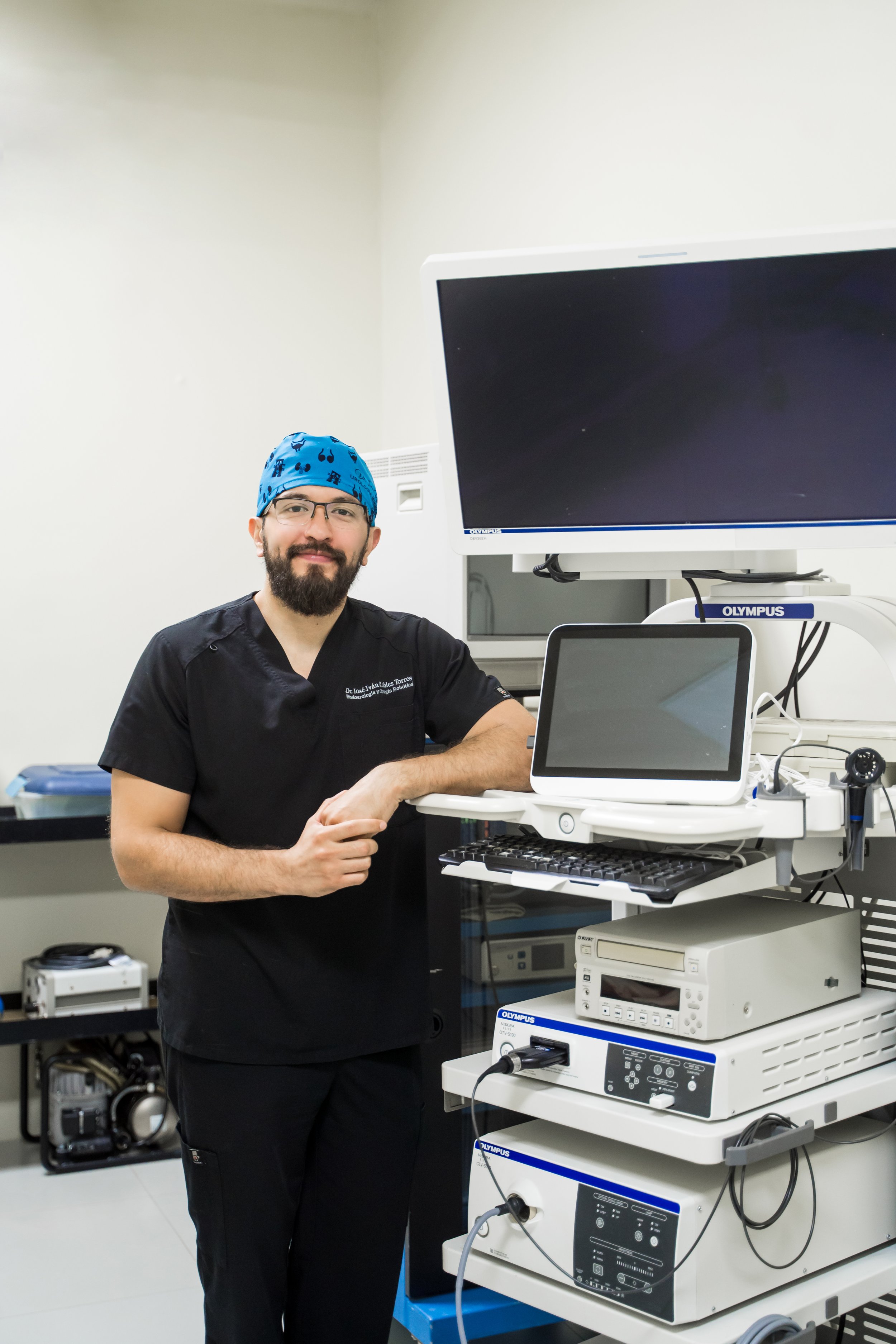
FREQUENTLY ASKED QUESTIONS
EXPERT ANSWERS FOR YOUR UROLOGICAL CONCERNS.
FAQ
What causes prostate cancer?
The main risk factors include genetic predisposition (family history), age (especially after 60), and ethnicity (African American men have a higher risk). While prostate cancer cannot always be prevented, early detection and regular check-ups are essential for successful treatment.
Why do kidney stones form?
Kidney stones usually form due to chronic dehydration, which causes minerals to concentrate in the urine. Other causes include a high-protein diet, metabolic disorders, diabetes, gout, thyroid imbalances, or a genetic tendency. Drinking plenty of water and maintaining a balanced diet can significantly reduce your risk.
How can I prevent prostate problems?
For younger men, responsible sexual activity and annual urological check-ups are recommended. For older men, adopting a healthy lifestyle—balanced diet, regular exercise, and maintaining a healthy weight—can help reduce the risk of prostate enlargement or cancer. Early detection remains the best form of prevention.
What causes blood in the urine?
Blood in the urine (hematuria) is never normal and should always be evaluated by a urologist. Common causes include urinary tract infections, kidney or bladder stones, tumors, injury, or structural abnormalities in the urinary tract. A proper diagnosis is key to determining the cause and starting treatment.
What causes erectile dysfunction?
Erectile dysfunction (ED) can result from cardiovascular problems such as high cholesterol, diabetes, or obesity. Smoking, a sedentary lifestyle, and hormonal imbalances can also contribute. Psychological factors like stress or anxiety may worsen symptoms. Effective treatments are available to help restore sexual health and confidence.
Why do I frequently wake up at night to urinate?
Waking up once at night to urinate can be normal, but doing so multiple times may indicate a problem. Urological causes include prostate enlargement, urinary infections, or overactive bladder. Other causes include excessive fluid intake, alcohol or caffeine before bed, or certain heart or kidney conditions. A urologist can help identify the cause and provide treatment.
Why does it burn when I urinate?
A burning sensation during urination is most commonly caused by a urinary tract infection (UTI). However, it may also be due to bladder cancer, kidney stones, or sexually transmitted infections (STIs). If this symptom persists, it’s important to seek medical evaluation promptly.
Is circumcision beneficial?
Yes. Circumcision is often recommended for conditions like phimosis or balanitis and can improve hygiene, reduce the risk of infections, and prevent potential complications such as penile cancer. It’s a safe and effective procedure when performed by a qualified specialist.
Does a vasectomy hurt?
A vasectomy is a quick outpatient procedure performed under local anesthesia. It’s typically painless, takes less than one hour, and has a fast recovery. Most patients resume their normal activities within a few days.
Why does the prostate enlarge?
The prostate tends to grow as men age due to hormonal changes, particularly from testosterone. When it enlarges too much, it can obstruct urine flow, causing symptoms like a weak stream, difficulty urinating, or frequent urination at night. Treatments are available to relieve these symptoms and improve quality of life.
How can I improve my sexual performance?
A healthy cardiovascular system is key. Focus on a balanced diet, regular physical activity, maintaining a healthy weight, and avoiding smoking or drug use. Managing stress and getting enough sleep also help improve overall performance and sexual health.
